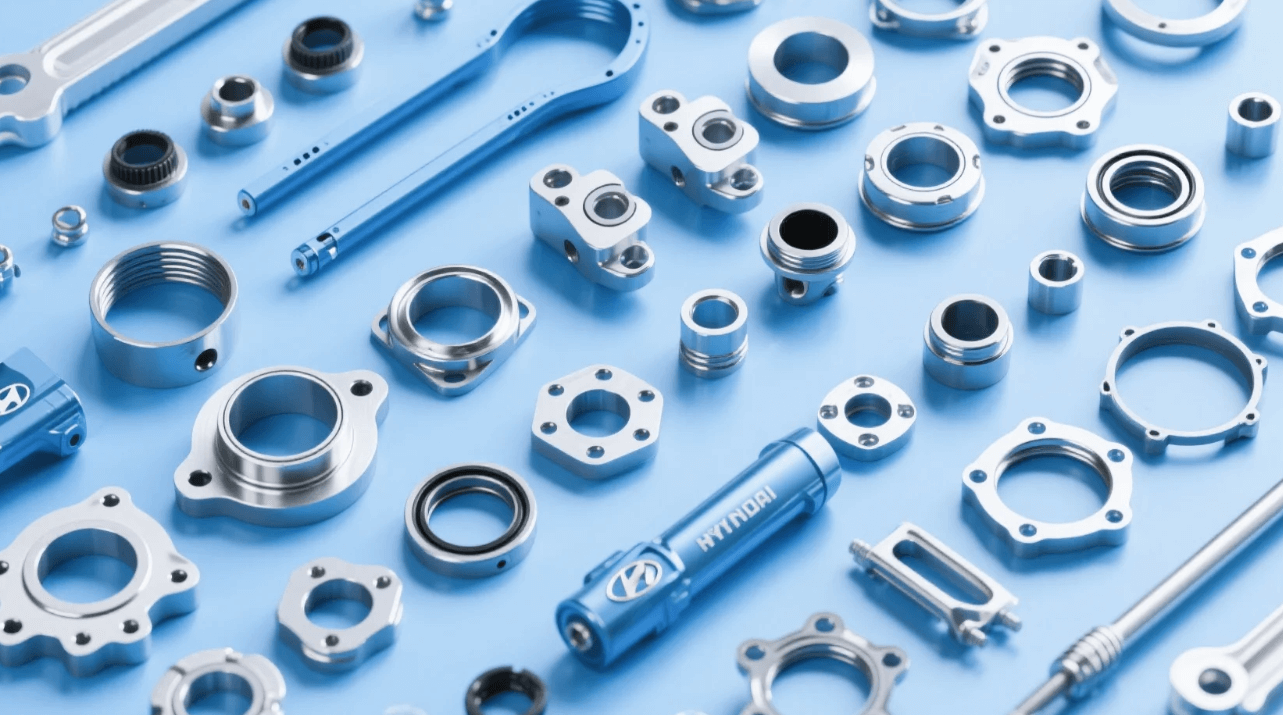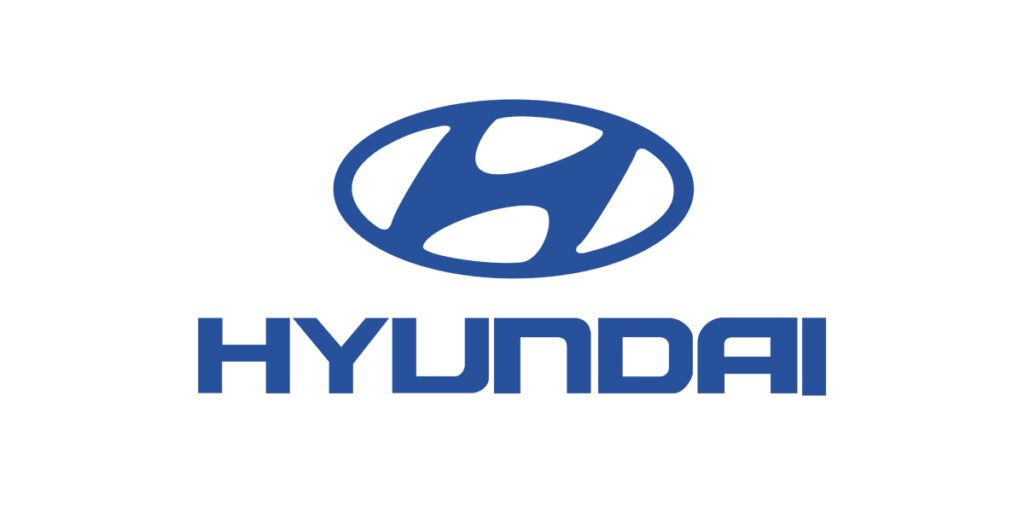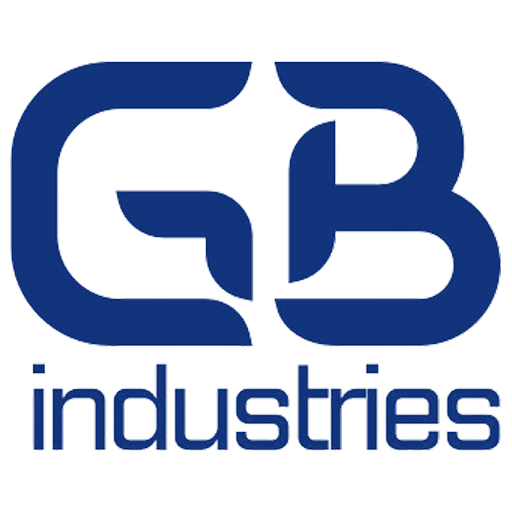
Understanding Hyundai Accent Spare Parts: An Introduction
The Hyundai Accent, a popular subcompact car, has earned its reputation for reliability, fuel efficiency, and affordability. However, like any vehicle, it occasionally requires maintenance and replacement parts to keep it running optimally. Sourcing the correct Hyundai Accent spare parts is crucial for maintaining your vehicle’s performance, safety, and longevity. This comprehensive guide delves into the world of Accent parts, offering valuable insights for owners, service providers, and automotive enthusiasts alike.
The automotive parts industry is a complex ecosystem, and understanding the nuances of genuine (OEM), aftermarket, and used parts is essential for making informed decisions. For Hyundai Accent owners, this knowledge translates directly into cost savings and peace of mind. Precision engineering is paramount in this sector, ensuring that each component fits perfectly and functions as intended within the intricate model of the vehicle. Whether you’re dealing with routine wear and tear or unexpected repairs, having access to accurate information about parts availability and quality is invaluable.
Key Characteristics and Types of Hyundai Accent Parts

When discussing Hyundai Accent spare parts, it’s important to differentiate between various types available on the market. Each type offers distinct advantages and considerations.
Genuine OEM (Original Equipment Manufacturer) Parts
Genuine OEM parts are manufactured by Hyundai or its authorized suppliers. These parts are identical to those initially installed in your Accent at the factory.
- Precision and Fit: OEM parts are designed to exact specifications, guaranteeing a perfect fit and seamless integration with your vehicle’s systems. This precision is vital for maintaining the original performance and safety standards of your Hyundai Accent.
- Quality Assurance: Undergoing rigorous testing and quality control, OEM parts offer superior durability and reliability. They are typically backed by a manufacturer’s warranty, providing an added layer of security.
- Vehicle Integrity: Using OEM parts helps preserve your vehicle’s resale value and ensures that all components work harmoniously, preventing potential issues that could arise from ill-fitting or substandard parts.
Aftermarket Parts
Aftermarket parts are manufactured by companies other than the original car manufacturer. These parts can offer a more budget-friendly alternative.
- Cost-Effectiveness: Often significantly cheaper than OEM parts, aftermarket options can reduce repair costs. This makes them an attractive choice for those looking to save money without compromising too much on quality.
- Variety and Innovation: The aftermarket sector boasts a vast array of options from various manufacturers. Some aftermarket parts may even offer performance enhancements or design improvements over their OEM counterparts. However, quality can vary widely among manufacturers.
- Availability: Aftermarket parts are generally widely available through numerous distributors, making them easy to source. It’s important to research brands and read reviews to ensure you’re purchasing from a reputable manufacturer.
Used or Salvaged Parts
Used or salvaged parts are components pulled from wrecked or decommissioned vehicles.
- Economical Choice: For certain repairs, especially for older models, used parts can be the most economical solution. They are often much cheaper than new OEM or aftermarket parts.
- Environmental Benefit: Opting for used parts contributes to sustainability by recycling automotive components and reducing waste.
- Considerations: The quality and lifespan of used parts can be unpredictable. It is crucial to inspect them thoroughly for damage or excessive wear before purchase. Reputable salvage yards often test parts before selling them and may offer limited warranties.
Applications in the Automotive Precision Industry Model

The integration of Hyundai Accent spare parts within the automotive precision industry model highlights the critical role of each component in the vehicle’s overall performance. This model emphasizes the interconnectedness of parts and systems, where each element must meet stringent quality standards.
- Engine Components: Parts like pistons, crankshafts, and timing belts must be manufactured with extreme precision to ensure optimal engine performance and longevity. Incorrect tolerances in these parts can lead to significant mechanical failures.
- Braking Systems: Brake pads, rotors, and calipers are safety-critical components. Their precise manufacturing and correct installation are paramount for effective stopping power and driver safety. Any deviation in material quality or dimension can compromise braking efficiency.
- Suspension and Steering: Components such as shock absorbers, struts, and tie rods directly impact ride comfort, handling, and steering responsiveness. Precision in these parts ensures proper wheel alignment and vehicle stability, preventing premature tire wear and erratic handling.
- Electrical Systems: From sensors to alternators, electrical parts require precise manufacturing to ensure reliable power delivery and communication within the vehicle’s complex electronic network. Faulty electrical components can lead to a cascade of issues.
In this precision-driven industry, the choice of spare parts directly influences the vehicle’s reliability and safety. The right parts ensure that the Hyundai Accent continues to operate within its designed parameters, upholding the brand’s reputation for quality.
Value for Automotive Service Product Users
For individuals and businesses involved in automotive service, understanding Hyundai Accent spare parts is not just about identifying the right component; it’s about providing superior value to customers.
- Enhanced Service Quality: By stocking and utilizing high-quality parts, service providers can ensure repairs are durable and effective, leading to higher customer satisfaction. Offering a choice between OEM and trusted aftermarket parts also empowers customers to make decisions based on their budget and preferences.
- Efficient Inventory Management: Knowing the most commonly required Accent parts allows service centers to maintain optimal inventory levels, reducing downtime for repairs and improving service turnaround times.
- Diagnostic Accuracy: A deep understanding of how different parts interact within the Hyundai Accent’s systems aids in more accurate diagnostics. This leads to efficient problem-solving and prevents unnecessary replacements.
- Building Trust: Transparent discussions about part options, their pros and cons, and associated costs build trust with customers. This transparency helps position service providers as reliable and knowledgeable experts.
- Cost-Effectiveness for Customers: By advising customers on the most appropriate parts for their needs and budget, service providers can help them save money in the long run, avoiding repeated repairs due to inferior parts.
Ultimately, providing valuable service means more than just fixing a car; it involves educating customers and empowering them to make informed decisions about their vehicle’s maintenance and repair.
Ensuring Compatibility and Quality
Selecting the correct Hyundai Accent spare parts necessitates careful attention to compatibility and quality. Vehicle identification numbers (VINs) are indispensable tools for verifying part compatibility. A VIN provides specific details about your Accent’s make, model, year, and even manufacturing plant, allowing for precise part matching. Always cross-reference the VIN with the part number to guarantee a correct fit.
Beyond compatibility, assessing quality is paramount. When considering aftermarket parts, research reputable brands known for their reliability and adherence to industry standards. Look for certifications such as ISO/TS 16949, which indicate that a manufacturer meets automotive quality management system requirements. For used parts, inspect for signs of wear, damage, or previous repair. A trusted supplier will often provide a warranty, even on used components, signaling confidence in their products. Investing in quality parts, whether OEM, aftermarket, or carefully selected used ones, directly impacts your vehicle’s performance and safety.
Tips for Sourcing Hyundai Accent Spare Parts
Finding the right Hyundai Accent spare parts can be simplified with a few strategic approaches.
- Authorized Dealerships: For genuine OEM parts, your local Hyundai dealership is the primary source. They offer expert advice, warranties, and access to the full range of authentic components.
- Reputable Online Retailers: Numerous online platforms specialize in automotive parts. When using these, ensure the retailer has a strong reputation, clear return policies, and positive customer reviews. Always confirm part numbers and compatibility.
- Local Auto Parts Stores: Many brick-and-mortar auto parts stores stock a variety of aftermarket parts and can often order OEM components. Their staff can provide immediate assistance and advice.
- Certified Salvage Yards: For used parts, seek out certified automotive recycling facilities. These yards often test parts and offer limited warranties, providing a more reliable option than unverified private sellers.
- Specialty Automotive Shops: Some shops specialize in specific car makes or models and may have unique access to hard-to-find parts or expert knowledge for your Accent.
Regardless of where you source your parts, retaining receipts and documentation is always a good practice for future reference or warranty claims.
Conclusion
Navigating the world of Hyundai Accent spare parts doesn’t have to be daunting. By understanding the distinctions between OEM, aftermarket, and used parts, and by prioritizing compatibility and quality, Accent owners and service providers can make informed decisions that benefit the vehicle’s performance and longevity. The precision inherent in the automotive industry demands meticulous attention to detail when it comes to replacement components. Investing in the right parts ensures that your Hyundai Accent remains a reliable, efficient, and safe mode of transportation for years to come.
FAQ
Q1: Are aftermarket Hyundai Accent parts as good as OEM parts? A1: The quality of aftermarket parts varies significantly. While some aftermarket manufacturers produce high-quality parts that rival OEM, others may offer lower quality. It’s crucial to research reputable brands and read reviews before purchasing.
Q2: How can I ensure I’m buying the correct part for my Hyundai Accent? A2: Always use your vehicle’s VIN (Vehicle Identification Number) to cross-reference with the part number. Most reputable parts suppliers and online retailers allow you to input your VIN to verify compatibility.
Q3: Is it safe to use used parts for critical components like brakes or engine parts? A3: For safety-critical components like brakes, steering, or engine parts, new OEM or high-quality aftermarket parts are generally recommended. While used parts can be economical for non-critical components, their unpredictable lifespan for crucial systems might pose a risk.
Q4: Do Hyundai Accent spare parts come with a warranty? A4: Genuine OEM parts typically come with a manufacturer’s warranty. Many reputable aftermarket parts manufacturers also offer warranties. For used parts, warranties are less common but may be offered by certified salvage yards. Always inquire about warranty details before purchasing.
Q5: What are the benefits of buying Hyundai Accent parts from a dealership? A5: Buying from a dealership guarantees genuine OEM parts, precise fitment, and often comes with a manufacturer’s warranty. Dealership staff also possess specialized knowledge about Hyundai vehicles, which can be beneficial for complex repairs.


